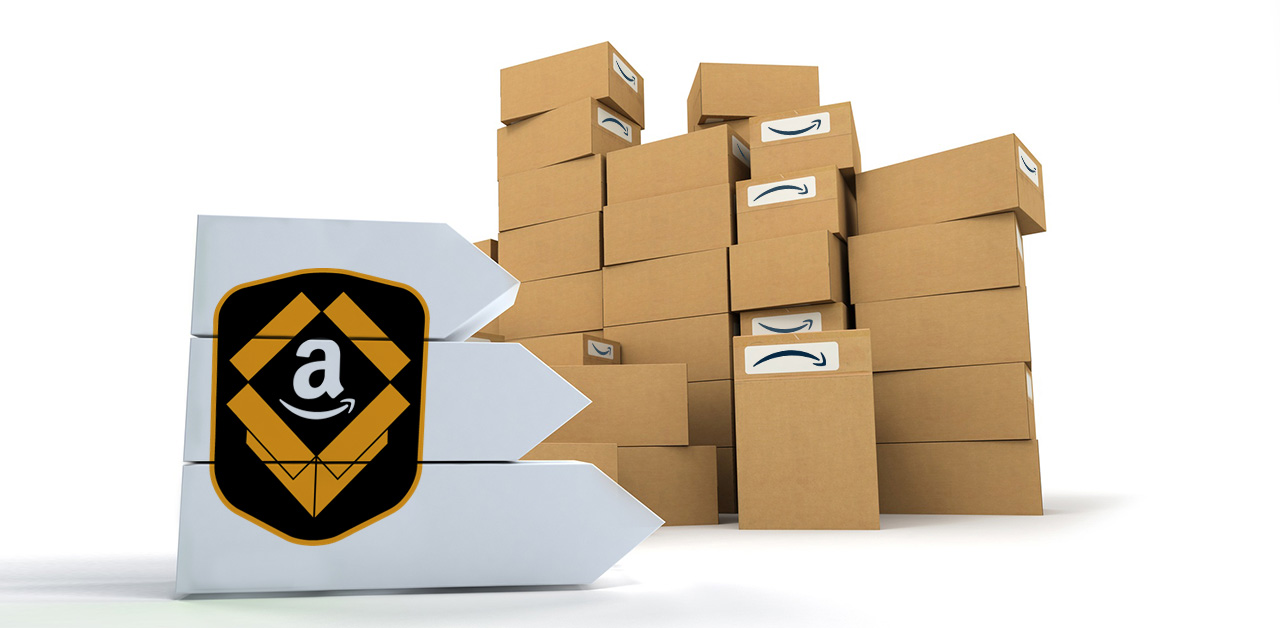Amazon Wants Sellers to Optimize Warehouse Space
Amazon will impose stricter storage limits on sellers who use Fulfillment by Amazon in January.
The reason for the policy change is the company’s push for faster delivery – specifically, transitioning Prime Free Shipping from two days to one, reports ecommercebytes.
“While investing in our network, we need to manage our storage space so that we can continue delighting customers with products they love at faster delivery speeds,” Amazon said.
The FBA policy “stick” comes with a “carrot” in the form of a promotion to help certain sellers who wish to remove inventory; it runs only through the end of October.
The crux of the announcement: “Effective January 1, 2020, we are changing the IPI threshold for storage limits to 400 (previously 350).”
IPI stands for Inventory Performance Index, “a single metric to gauge your overall performance over time.”
Amazon explained that sellers with IPI scores below 400 the week of December 23, 2019 would have storage limits imposed for the first quarter of 2020; sellers who maintain an IPI score of 400 or greater would have unlimited storage for standard size and oversize items (monthly storage fees and long-term storage fees still apply).
More Amazon news

How can New Year holidays in the US and Canada affect cargo delivery dates
Customs and shipping companies working schedule during the New Year Important information for more accurate forecasting of cargo processing speed in the US and Canada during the New Year holidays. Please note that Customs and shipping companies will not work during...

Major shutdowns in China due to new COVID outbreaks
Multiple companies in Zhejiang province have suspended operations due to COVID-19 outbreak, halting production of goods from batteries and clothing to textile dyes and plastics. Zhejiang is one of China's biggest and busiest manufacturing hubs. The local government...

Amazon is using sellers as a cash cow
Amazon collects a third of seller revenue A new study claims that Amazon makes far more from fees on its Marketplace platform than even the cash cow known as AWS, reports TechCrunch. According to the report by the Institute for Local Self-Reliance, sellers now give...


